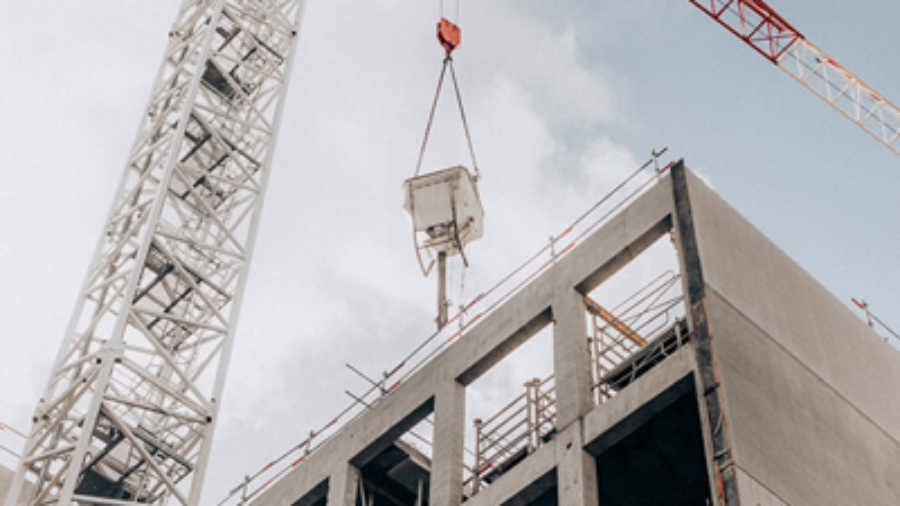If you run a company in the construction industry, you understand that disputes are a part of doing business. Disagreements between property owners and contractors, contractors and trade professionals, and subcontractors and suppliers can pop up at any time. The question is not will your construction company experience a dispute down the road. Instead, the question is how will you handle a disagreement with a supplier, subcontractor, or property owner?
The short answer involves hiring an experienced construction attorney who has successfully handled a considerable number of legal disputes. A construction lawyer can help you sign a legally valid contract that clearly defines every factor that goes into a construction project. Working with a state-licensed construction attorney also ensures your company receives legal protection against any invalid disputes.
One of the greatest benefits of hiring a construction lawyer is to have legal representation when the time comes to implement one of the main methods to settle a construction dispute.
What Options Do I Have to Settle a Construction Dispute?
You have four methods to settle a construction dispute: negotiations, mediation, arbitration, and litigation. It is important for you to understand the pros and cons of each method.
Negotiations
The first step to settle a construction dispute involves direct negotiations between both parties. Instead of costly litigation, negotiations can end a dispute without it ever seeing the inside of a courtroom. Your construction attorney submits an offer, which is countered by the lawyer representing the other party. Even if negotiations do not resolve the dispute, at least both parties understand what are the major points of contention.
Mediation
Mediation typically follows failed negotiations. Held before an unbiased third party, mediation represents a confidential legal process where both parties agree to meet and work out their differences with the help of a third party. Mediation is a common resolution process for many business and commercial law cases.
Arbitration
Considered a faster and less costly legal option than litigation, arbitration is the preferred method of resolving disputes for many construction contractors. Depending on the extent of a dispute, arbitration can be held in front of one or as many as three arbitrators. The arbitration process unfolds in a similar way as a civil trial, with discovery a vital part of the process. Both parties exchange evidence and the statements made by witnesses. Arbitrations decisions are binding, which means if you choose this legal option, you must live with the decision made by the arbitrator or arbitrators.
Litigation
Do you need a construction attorney for a contractor dispute? The answer is an emphatic yes if your dispute reaches the litigation phase of the legal process. The advantage of litigation over arbitration is although a judge issues a decision, you have the right to appeal the decision if it does not go in your favor. However, the downside to litigation is the process can be time-consuming, as well as you cannot recover court costs and attorney fees.
Alves Radcliffe, LLP — Construction Attorney
If you need assistance with an indemnity clause in your construction contract, call Alves Radcliffe, LLP at 916-333-3375 or send us an email. We have over 25 years of combined experience, and serve clients throughout Greater Sacramento, Northern California, and the San Francisco Bay Area.




